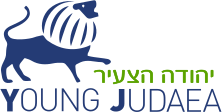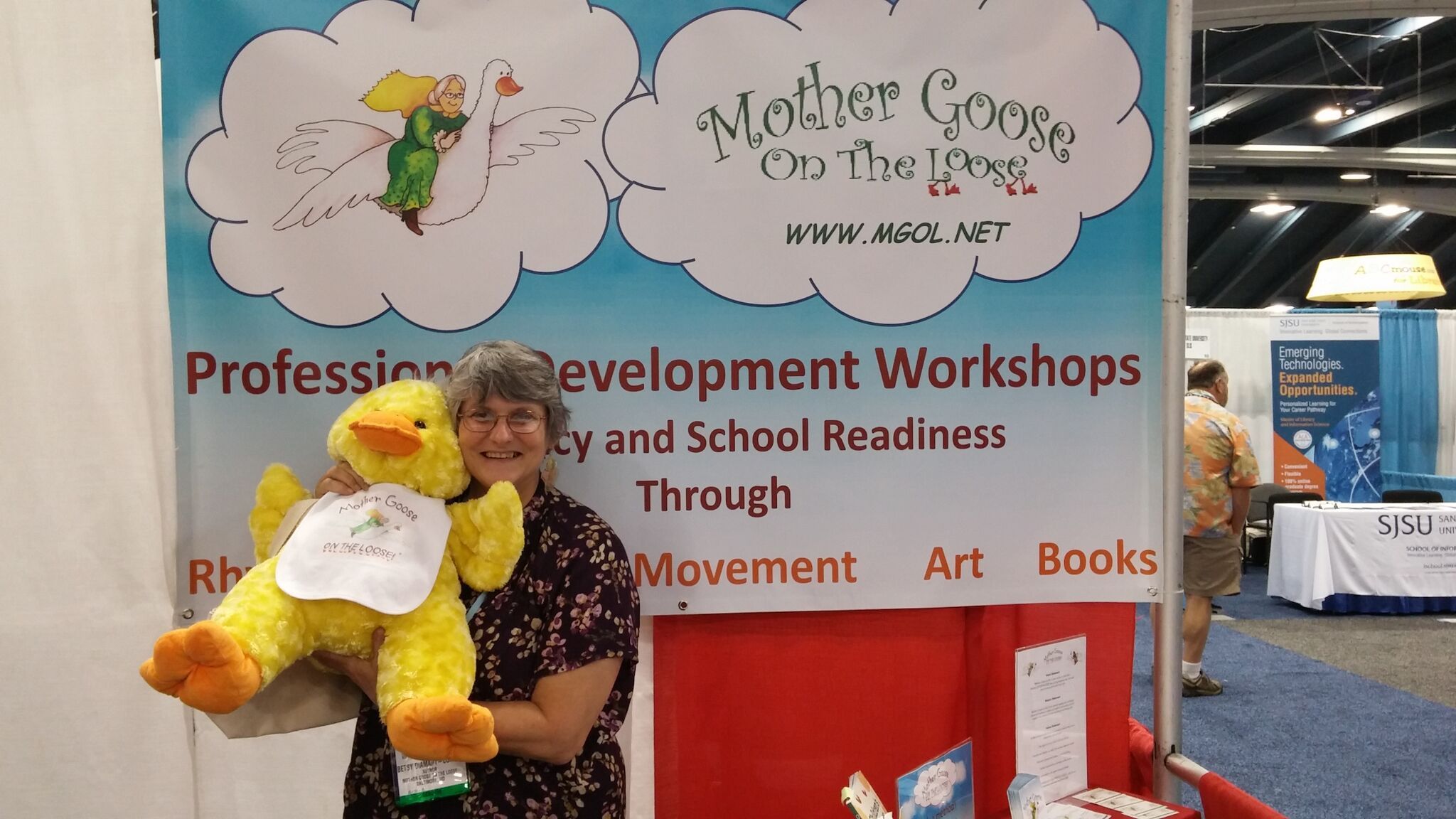
A National Children’s Program with YJ Roots
By Betsy Diamant-Cohen
Belonging to Young Judaea was instrumental in giving me the tools I use every day.
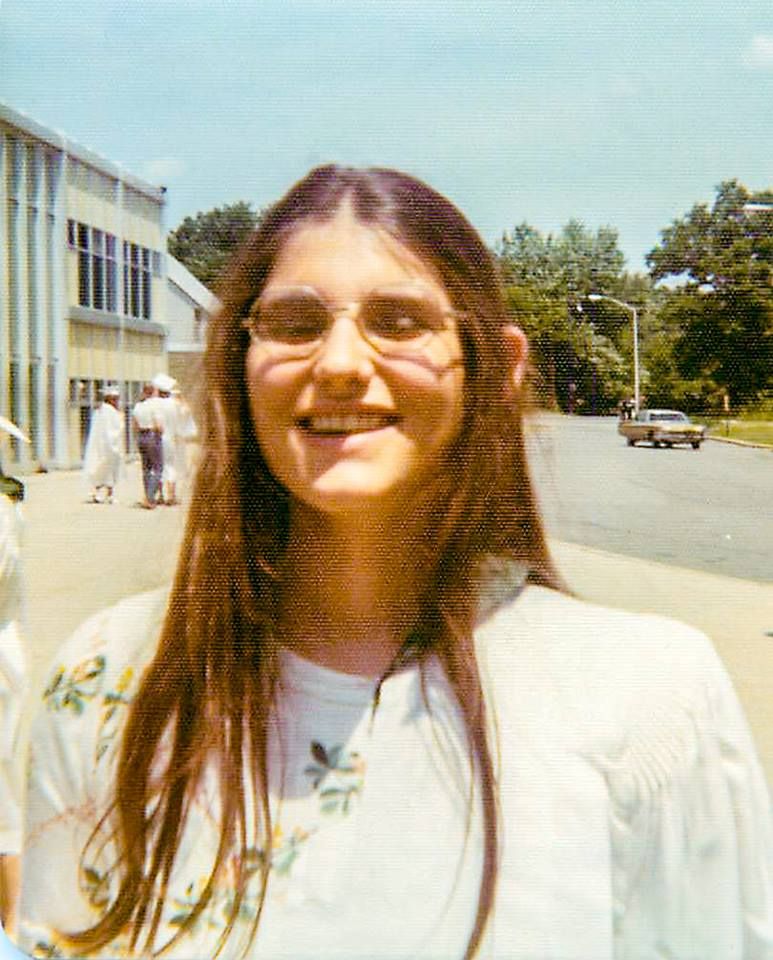 In Jr. High School, each organization gave a little pitch for membership, and I chose to join Young Judaea. After two years in Tsofim, I joined Bogrim. My good friend Joe Pomper told me that the nearby town of Westport, Connecticut was going to be starting a YJ club for Tsofim and were looking for a madricha and asked if I would take the job. Without stopping to think about the fact that I was only one year older than the kids I would be leading, I agreed. For two years, I met regularly with our Senior Advisor, Judy Targan, to plan out the programs. Since I couldn’t yet drive, I’d take the Sunday morning train to Westport and a woman from Hadassah would transport me to whichever child’s home was hosting the meeting that day. Through leading the club, I learned techniques for getting people’s attention such as pausing and speaking more softly rather than trying to shout loudly, and clapping to a rhyme and starting a song which brought people together and directed their attention without needing to say a word.
In Jr. High School, each organization gave a little pitch for membership, and I chose to join Young Judaea. After two years in Tsofim, I joined Bogrim. My good friend Joe Pomper told me that the nearby town of Westport, Connecticut was going to be starting a YJ club for Tsofim and were looking for a madricha and asked if I would take the job. Without stopping to think about the fact that I was only one year older than the kids I would be leading, I agreed. For two years, I met regularly with our Senior Advisor, Judy Targan, to plan out the programs. Since I couldn’t yet drive, I’d take the Sunday morning train to Westport and a woman from Hadassah would transport me to whichever child’s home was hosting the meeting that day. Through leading the club, I learned techniques for getting people’s attention such as pausing and speaking more softly rather than trying to shout loudly, and clapping to a rhyme and starting a song which brought people together and directed their attention without needing to say a word.
Becoming more active in the movement in high school meant programming on a local level. Israeli folk-dancing and singing Hebrew songs were all part of the club’s weekly meetings; we had over 70 members in the Stamford Club! I learned how to teach songs and dances and how to speak in front of a crowd without self-consciousness.
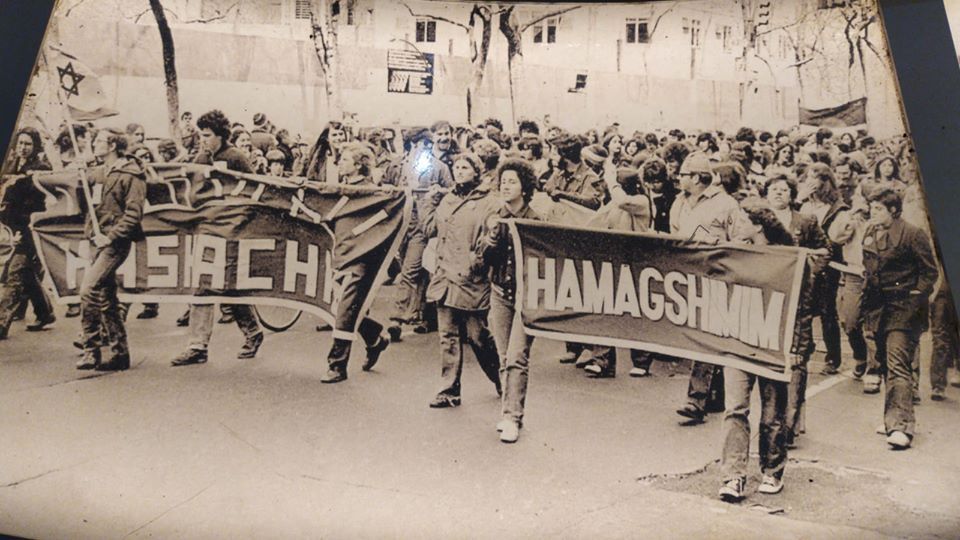
These skills came in handy when I was elected National President / Mazkira in 1974, and was given the incredible opportunity of field-tripping regions across the US. Concepts of peer leadership as expressed eloquently by Elana Paru in her article about supervision, the creed “enthusiasm breeds enthusiasm,” the desire to make the world a better place, and the belief that everyone’s contribution – no matter how small – makes a difference, became part of my soul.
After attending Year Course in 1975-76, I edited the Hamagshimim journal for a year or two and led YJ clubs in the Boston Area while studying at Brandeis. I studied library science and began work as a children’s librarian. In 1986, I made Aliyah, and shortly after I arrived in Israel I began working at the Youth Wing of the Israel Museum as their English Language librarian where I offered weekly preschool story times in English through a volunteer organization called JELLY (Jerusalem English Language Libraries for Youth).
In 1988 my son was born and I attended a music class with Canadian music educator, Barbara Cass-Beggs. Her class, “Your Baby Needs Music” was so wonderful that I continued to study with Barbara until I became a certified instructor using her “Listen, Like, Learn” approach. Since story time at the Museum was for 3-5 year-olds, I combined what I had learned from Barbara with what I already knew about sharing books with young children, and developed a 30 minute program called “Mother Goose on the Loose” (MGOL) for parents with babies from birth to age 3. MGOL programs ran weekly in the Young Wing library up until I moved back to the US in 1998.
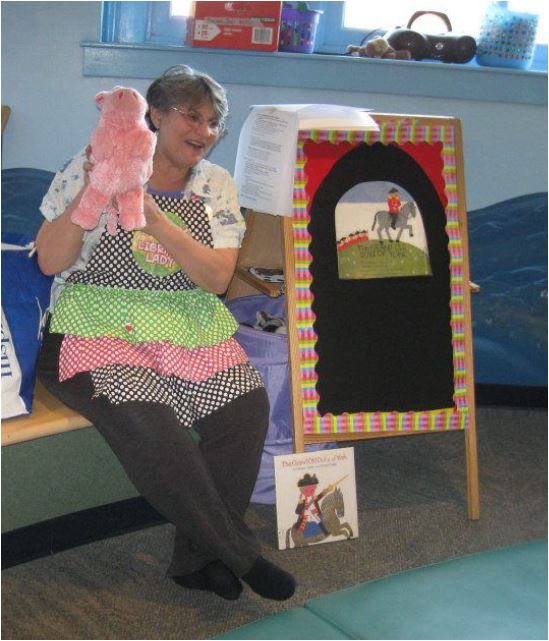 During a job interview at the Enoch Pratt Free Library in Baltimore, I asked if I could present Mother Goose on the Loose programs. The interviewer told me that recently published brain research showed that the architecture of the brain is built in the first few years of life, and that early experiences are important for influencing a child’s successful future. Not only could I do MGOL programs, but I was encouraged to start doing them as soon as possible. The need was great since programming for children under age three in the public library world at that time was rare and library directors were anxious to offer programs that parents wanted. Most librarians did not know what to do when directors told them to start programming for infants and toddlers; library literature on programming for babies was scant, and Google was not fully developed so searching online was not an obvious option.
During a job interview at the Enoch Pratt Free Library in Baltimore, I asked if I could present Mother Goose on the Loose programs. The interviewer told me that recently published brain research showed that the architecture of the brain is built in the first few years of life, and that early experiences are important for influencing a child’s successful future. Not only could I do MGOL programs, but I was encouraged to start doing them as soon as possible. The need was great since programming for children under age three in the public library world at that time was rare and library directors were anxious to offer programs that parents wanted. Most librarians did not know what to do when directors told them to start programming for infants and toddlers; library literature on programming for babies was scant, and Google was not fully developed so searching online was not an obvious option.
Since MGOL was a time-tested program, I presented at a local library conference and wrote an article about it in a national library journal. Library systems from around the country began asking me to come out and train their children’s librarians. Each of my workshops started with the story of Mother Goose on the Loose’s origins, explaining that MGOL originated from the Youth Wing of the Israel Museum with a 30-minute weekly nursery rhyme program for an audience of Jews, Muslims, Christians, people of the Bahai faith, and others. Because we were all singing together and clapping for each other’s children, a magical sense of community was formed. To this day, the same sense of community grows wherever MGOL is offered.
Because of my time in Young Judaea, I was comfortable presenting about MGOL to large crowds, telling stories, explaining how to teach songs, and using enthusiasm to breed enthusiasm.
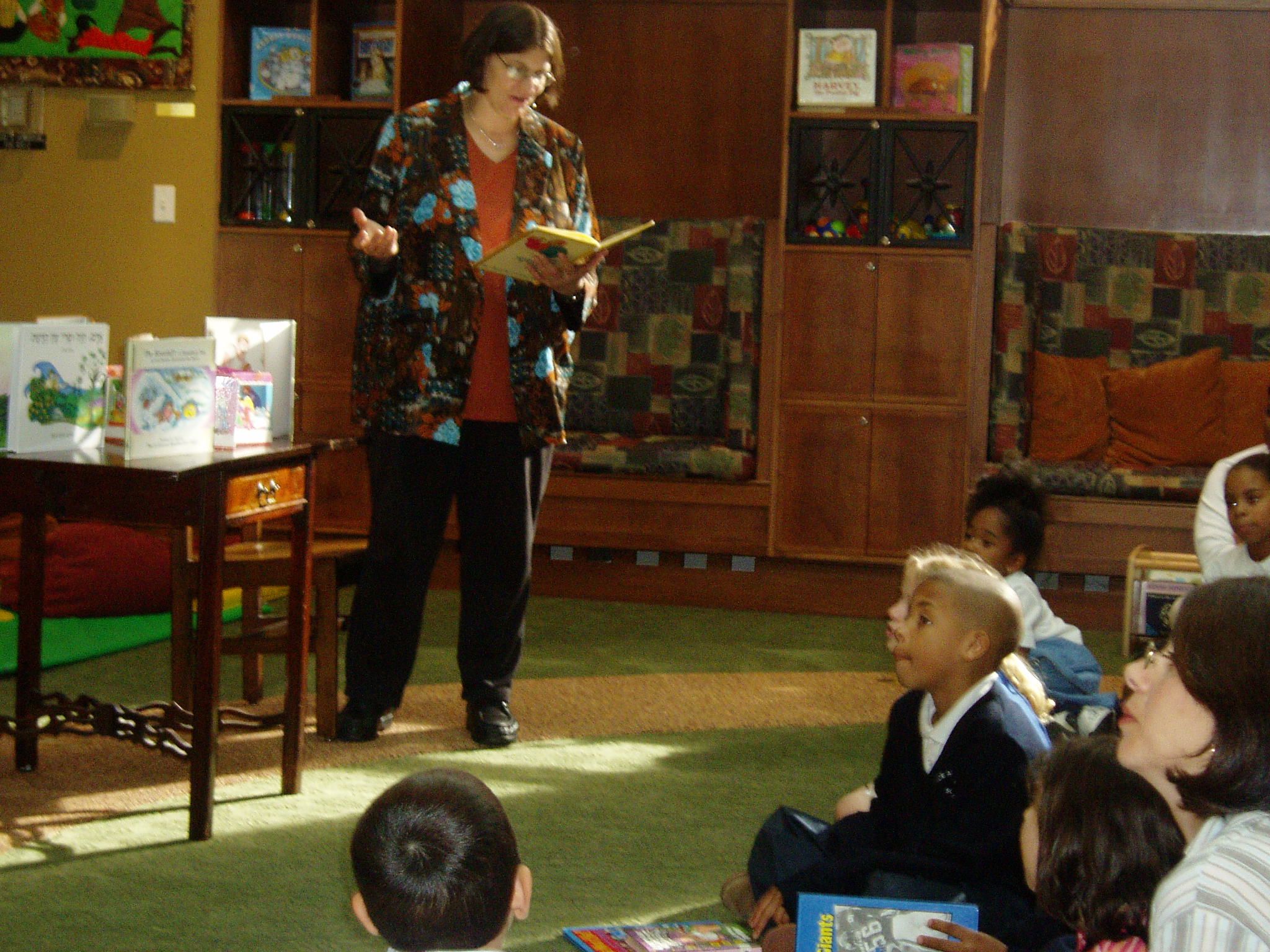
So my workshops went smoothly and Mother Goose on the Loose spread. (I also loved being able to talk about Israel and present it in a positive light – especially when I was in areas where people had not met any Jews in person before.) MGOL won a national award in 2002, I won an award because of MGOL in 2004 and a publisher asked me to write a book about it. Eventually, MGOL became so popular that I left my salaried job at the public library and formed Mother Goose on the Loose, LLC. I now earn my living by providing trainings, workshops, webinars, and online classes. I often present at conferences and occasionally give keynotes. I’ve had 9 books published (how-to manuals for librarians.)
I credit Young Judaea for giving me the courage to tackle new situations and meet new people with confidence, to share my ideas with others and to listen carefully when they are sharing their ideas with me.
Because of the respect given to the ideas of others, fruitful partnerships have enabled MGOL to expand and be adapted for use in hospitals, laundromats, WIC centers, prisons, homeless shelters, elementary schools, synagogues, churches, and more. Now that I’ve had have plenty of time to learn about the research behind early childhood development, I do believe that giving children a strong start in the early years can set up the framework for their success. I am grateful that Mother Goose on the Loose has been able to have a positive impact on so many people, and I am grateful to Young Judaea for giving me the exact tools needed to bring Mother Goose on the Loose this far.
Last month, the Association for Library Service to Children (ALSC) named me as the recipient of their 2022 Distinguished Service Award. This is a huge honor; ALSC is the world’s largest organization dedicated to the support and enhancement of library service to children. Although I did not become a Jewish Professional, I am certainly have used all of my Young Judaea skills to help make the world a better place.
